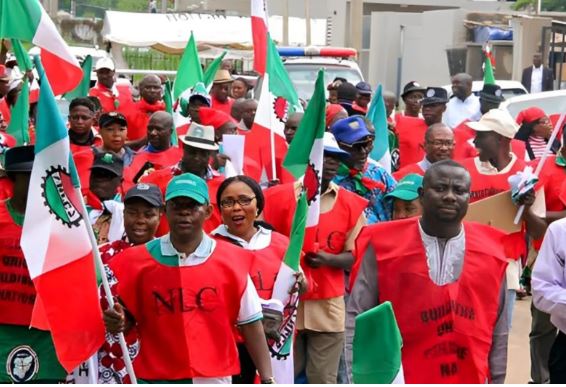Nigeria’s labour unions have reignited the national conversation about the minimum wage, demanding a staggering increase from N30,000 to N400,000 per month. This audacious claim, nearly 13 times the current amount, has sent shockwaves through the nation, sparking debate about affordability, economic feasibility, and worker well-being.
The unions’ justification hinges on the crippling weight of inflation, which has eroded the purchasing power of the current minimum wage to a mere fraction of its intended value. Rising costs of basic necessities like food, housing, and transportation render the current N30,000 barely enough to survive, let alone live with dignity.
The labour union has proposed a minimum wage of $300 (N436,500) for Nigerian workers ahead of negotiations on the new national minimum wage.
Chairman, Trade Union Side, Joint Meeting of the National Public Service Negotiating Council (JNPSNC), Comrade Benjamin Anthony, made this proposal at the 2023 meetings of the Separate and Joint National Public Service Negotiating Council held in Goshen City, Nasarawa State, on Tuesday.
Anthony, who was represented by the Secretary of the Union, Comrade Boma Mohammed, also frowned at the recent delays in the payment of salaries by the Federal Government to workers, saying the trend must be stopped and avert the repeat of such things as the suffering in the land, which is already unbearable.
He said, “In light of the above, Labour has proposed a Living Wage of $300 (N436,500) for Nigerian Workers. This is due to the fall in the value of our currency, today if you carry N100,000 to the market you will come back with a leather bag of items.
“We call on Government to immediately pay the arrears of the N35,000 wage award along with the current and expedited action on the process of getting a new living wage to bring succour to the working class people,” he added.
However, the proposed N400,000 figure has raised eyebrows among economists and employers. Concerns range from potential inflationary spirals to business closures and job losses, with some arguing that such a drastic increase would cripple the economy.

